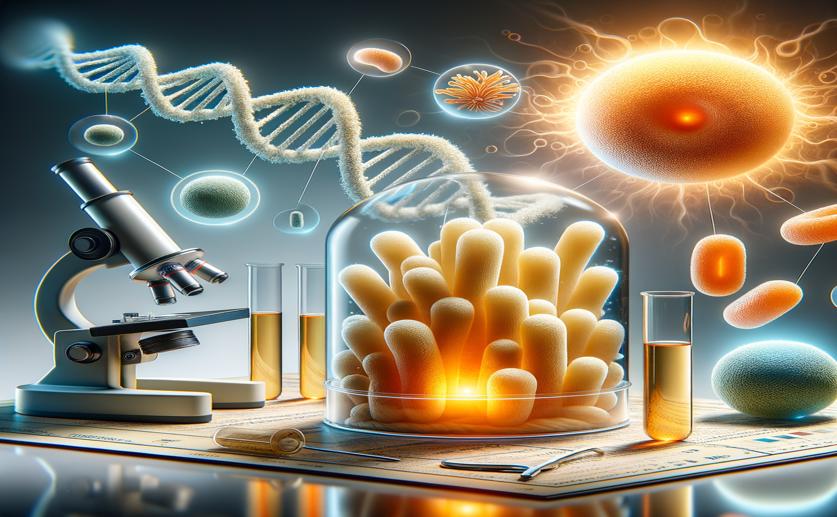
Discovering Genes Linked to Heat-Resistant Fermentation in a Unique Yeast Strain
Jim Crocker
5th September, 2024

Image Source: Natural Science News, 2024
Key Findings
- Researchers from BIOTEC studied yeast to understand genes involved in heat stress tolerance, crucial for industrial fermentation
- They identified six candidate genes on chromosome X, with PTK2, NTA1, and IML1 showing significant roles in heat tolerance
- PTK2 is essential for maintaining cellular functions under stress, impacting ethanol production and cell membrane activity
References
Main Study
1) Identification of genes associated with the high-temperature fermentation trait in the Saccharomyces cerevisiae natural isolate BCC39850.
Published 4th September, 2024
Journal: Archives of microbiology
Issue: Vol 206, Issue 10, Sep 2024
Related Studies
2) The NPR/Hal family of protein kinases in yeasts: biological role, phylogeny and regulation under environmental challenges.
3) The Role of the Membrane-Initiated Heat Shock Response in Cancer.



 3rd July, 2024 | Greg Howard
3rd July, 2024 | Greg Howard